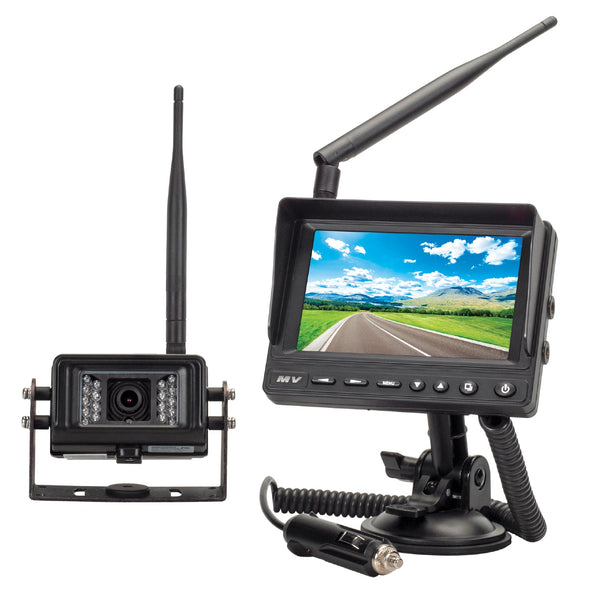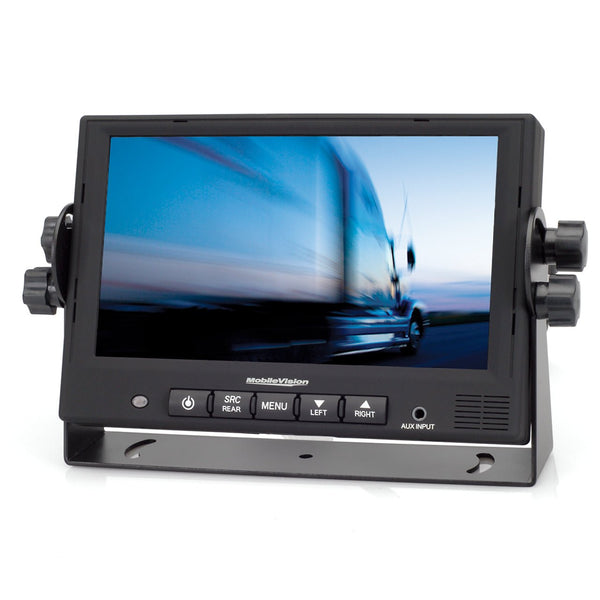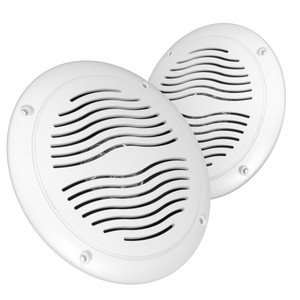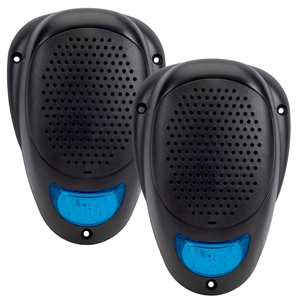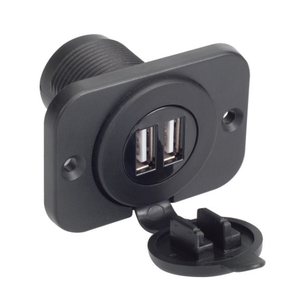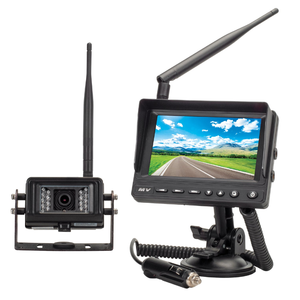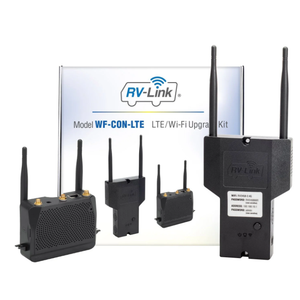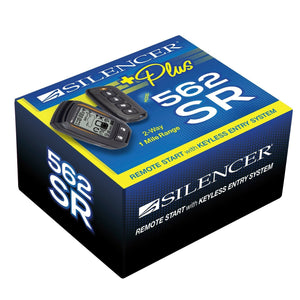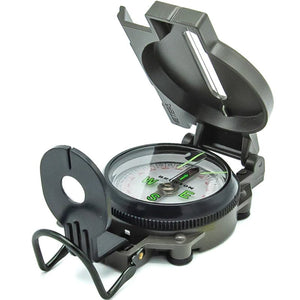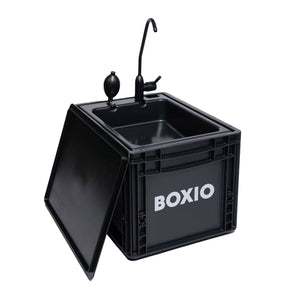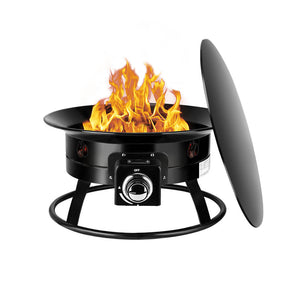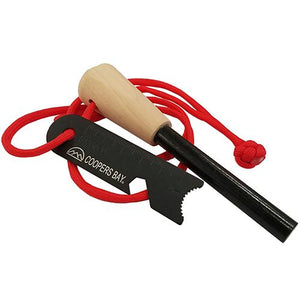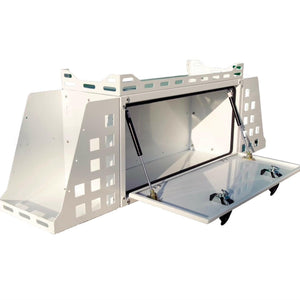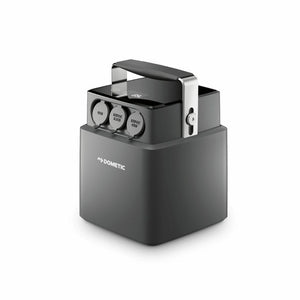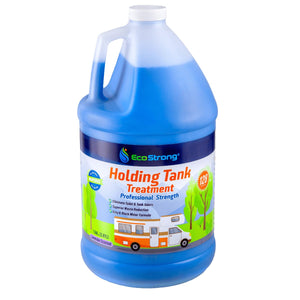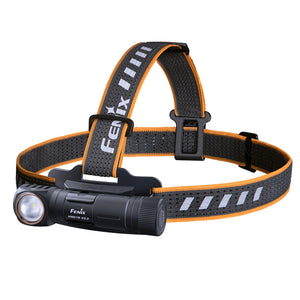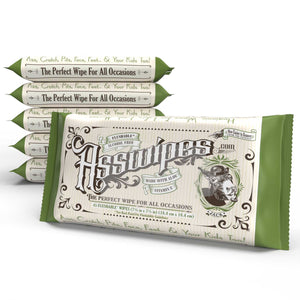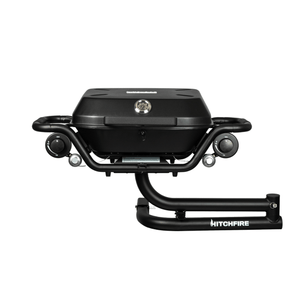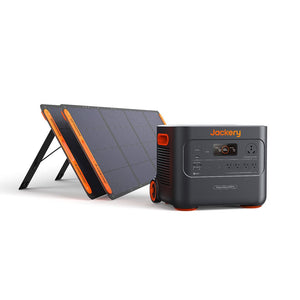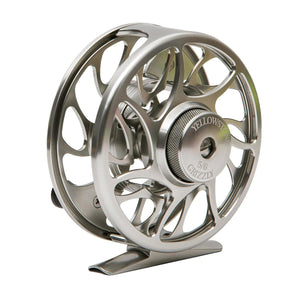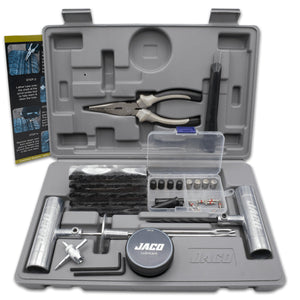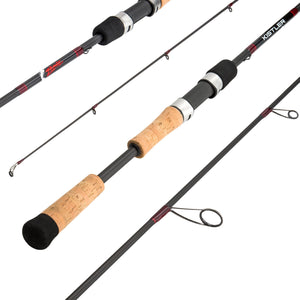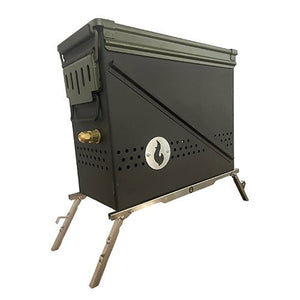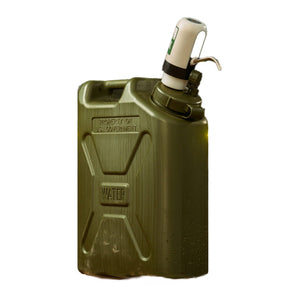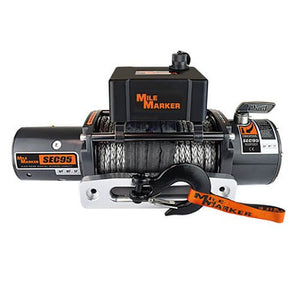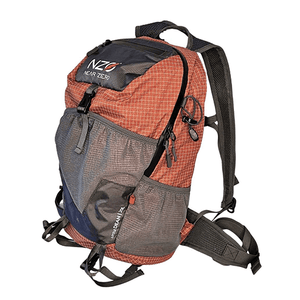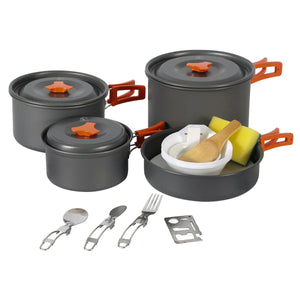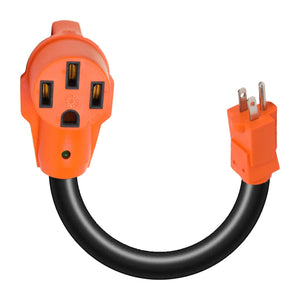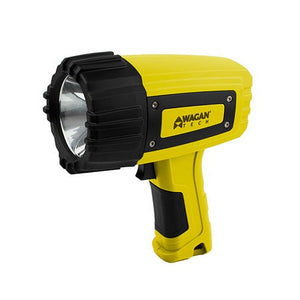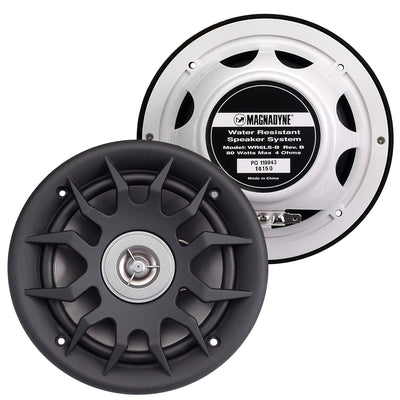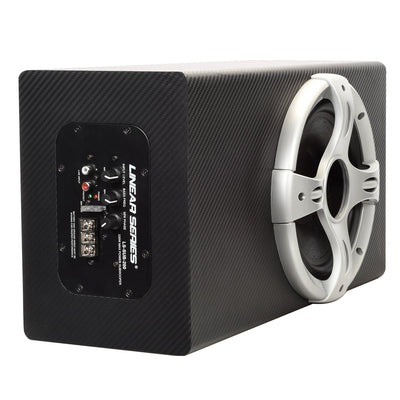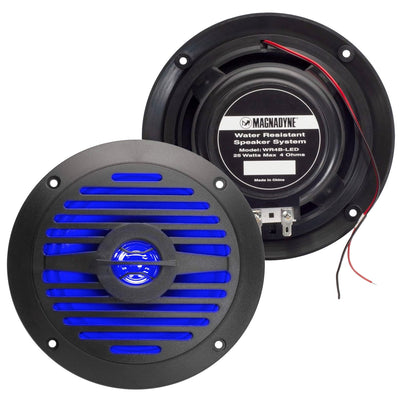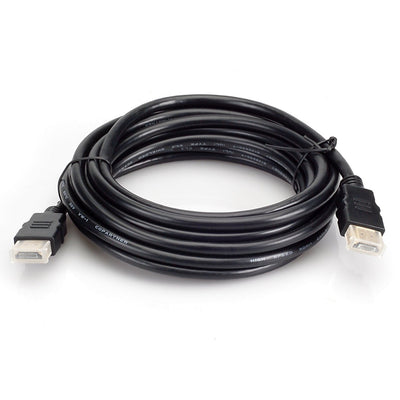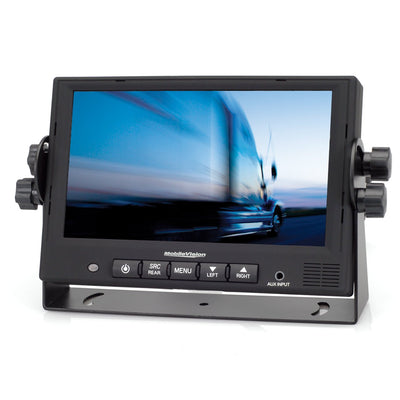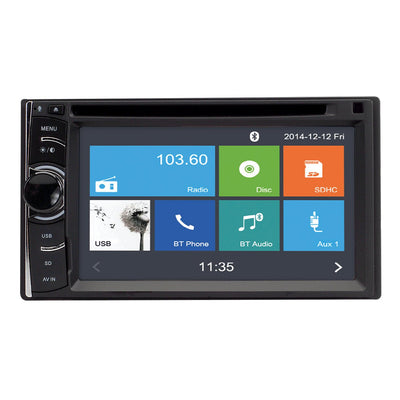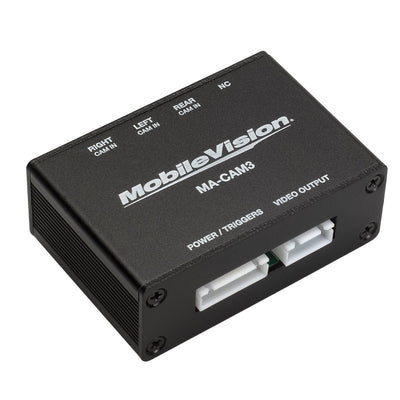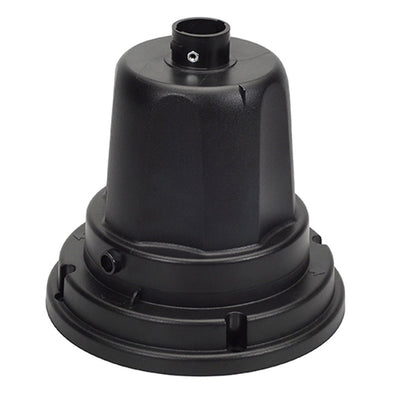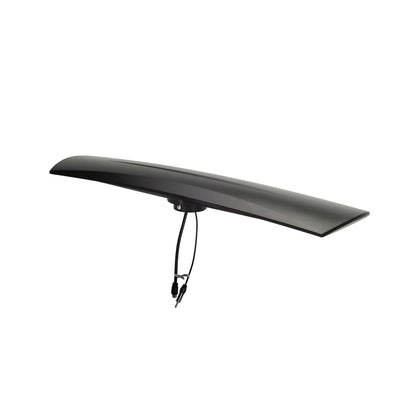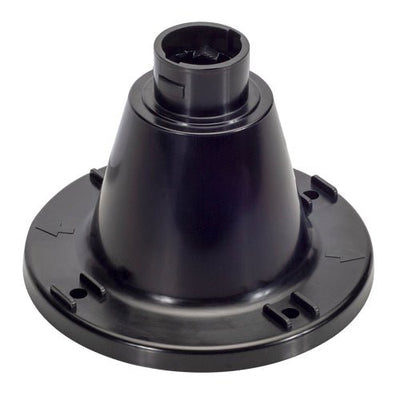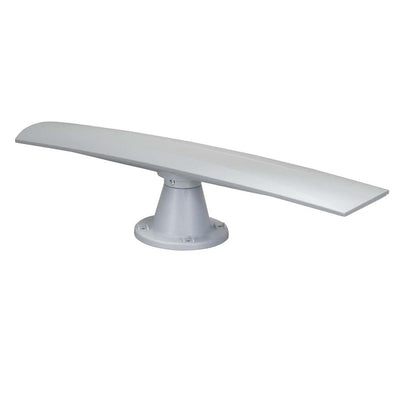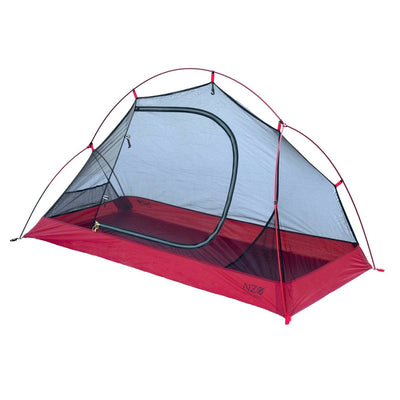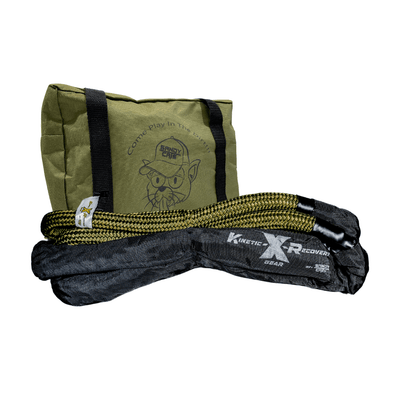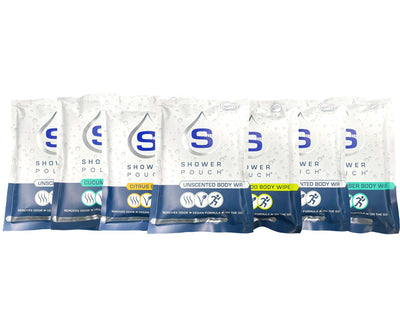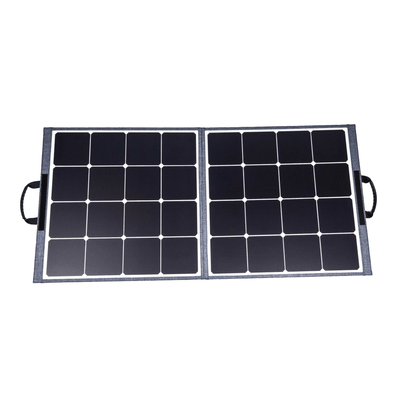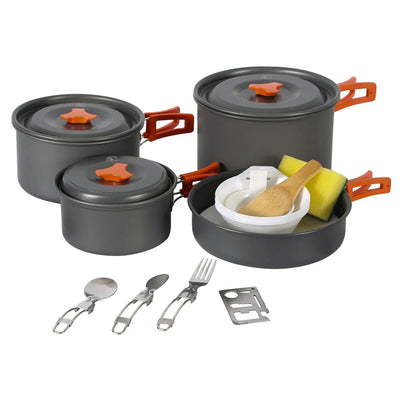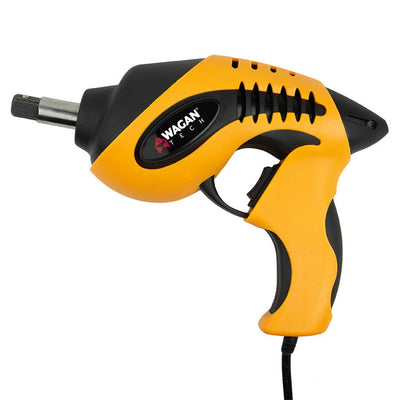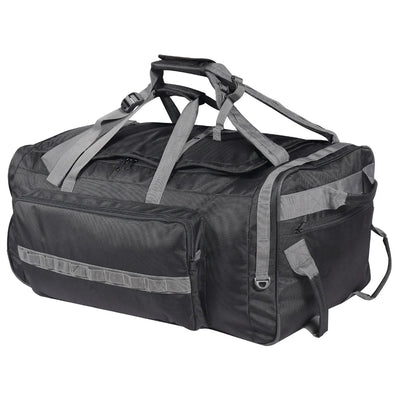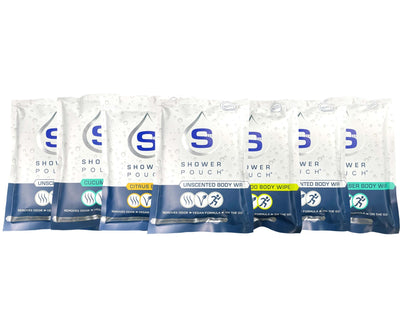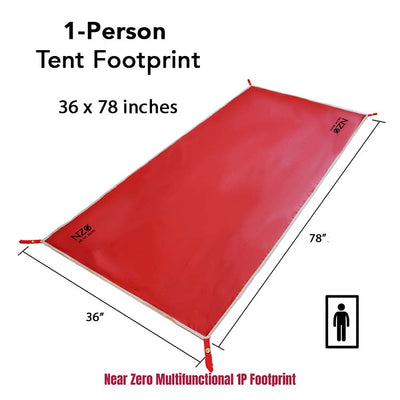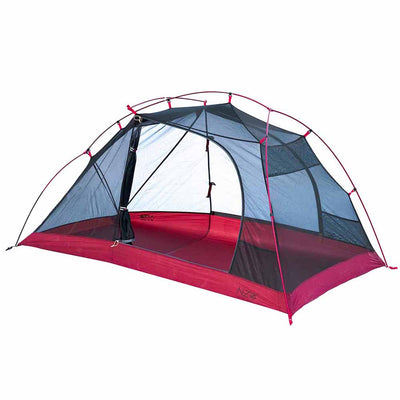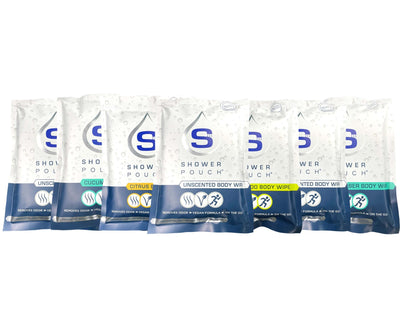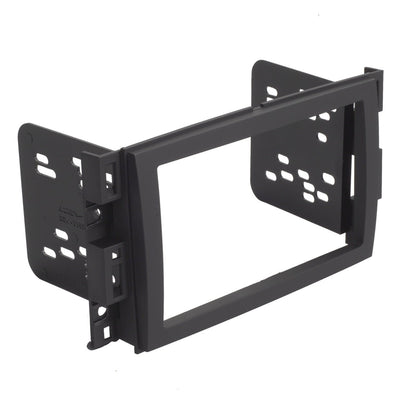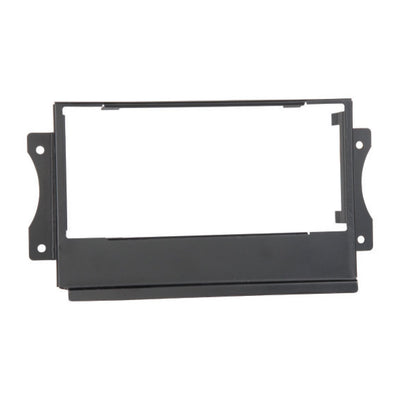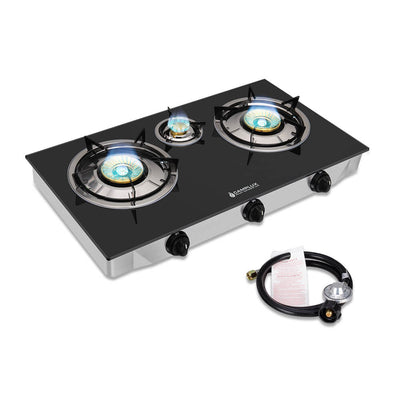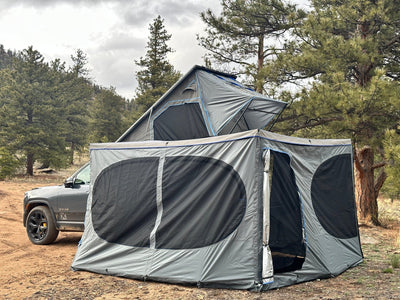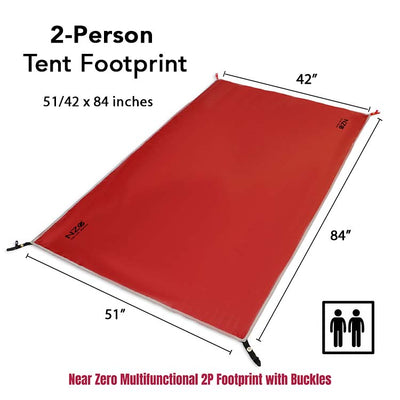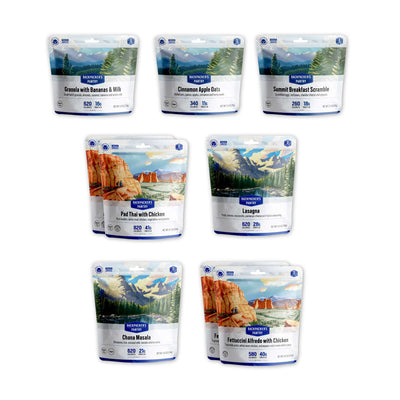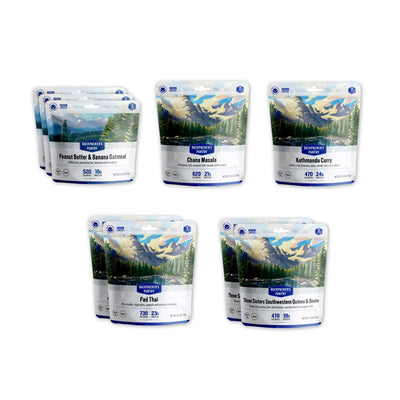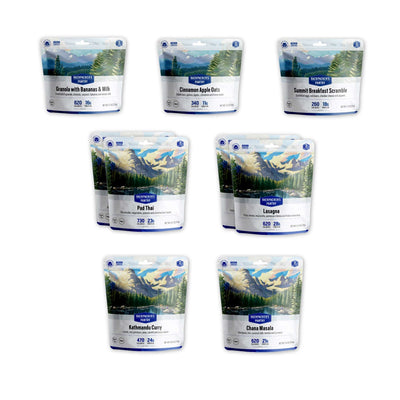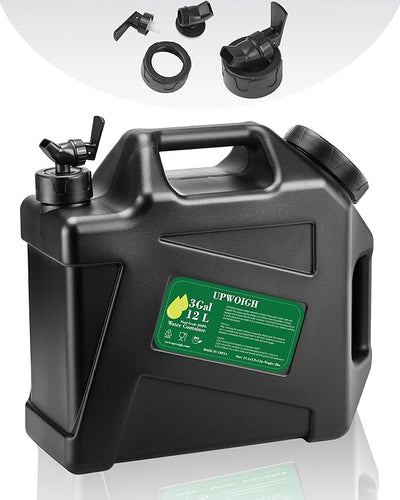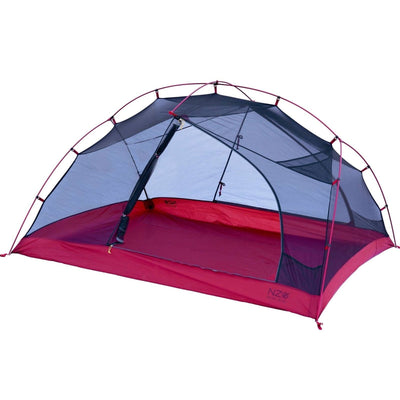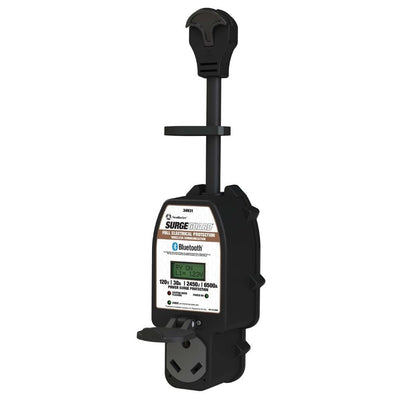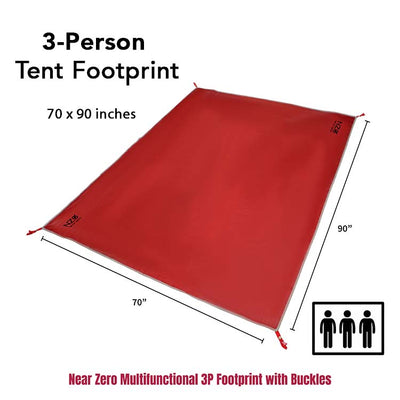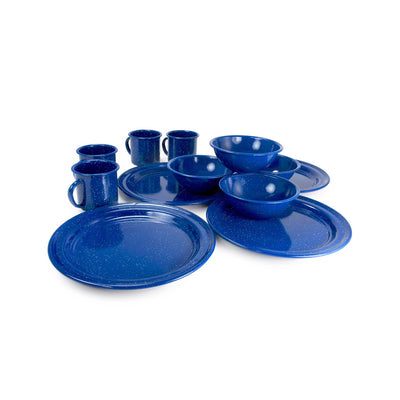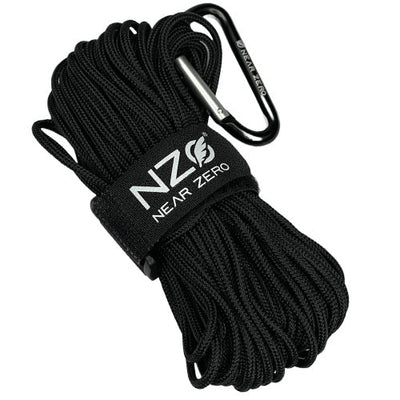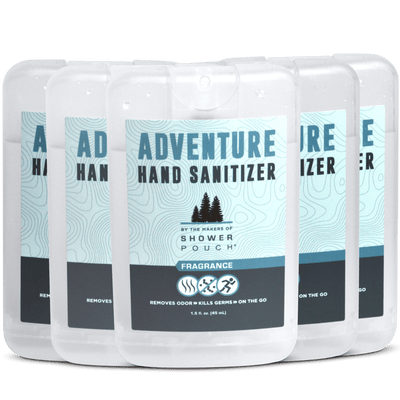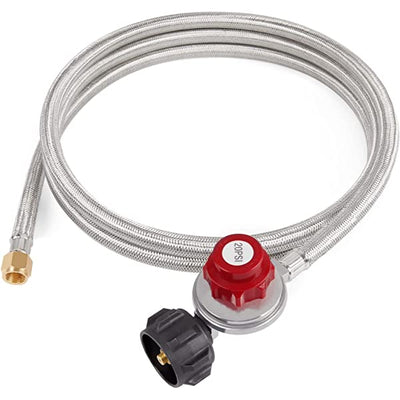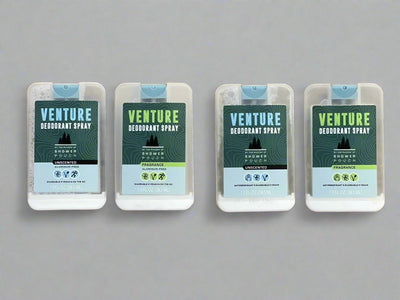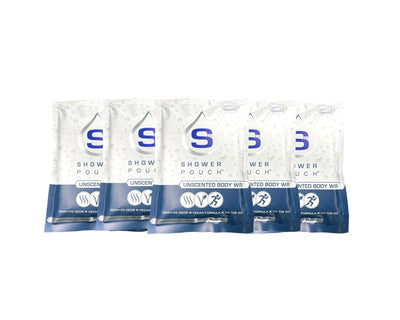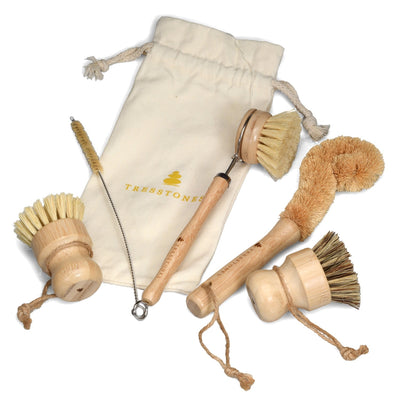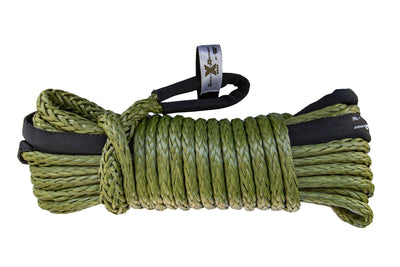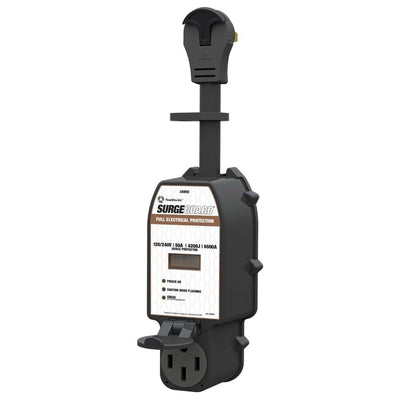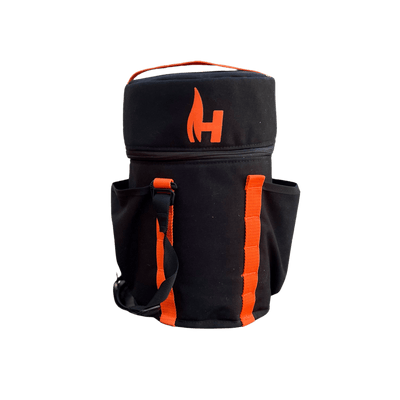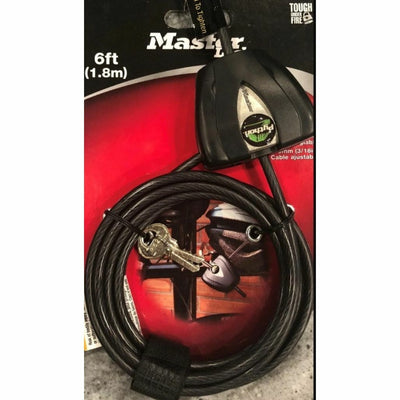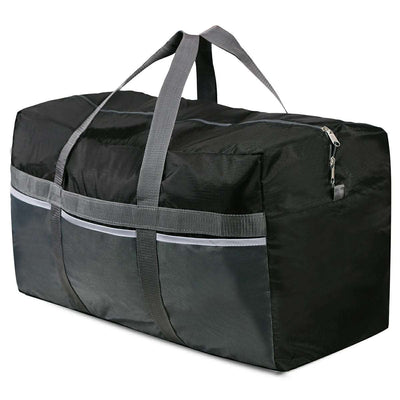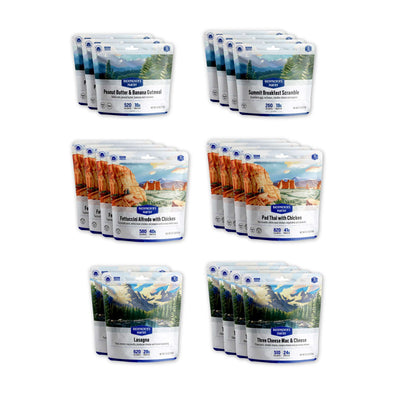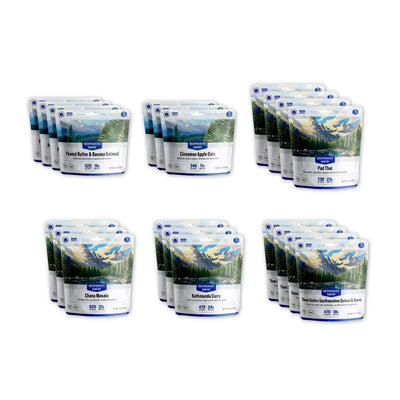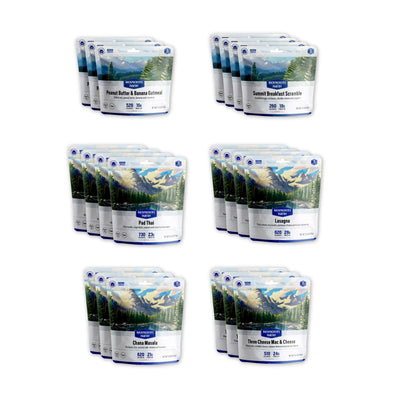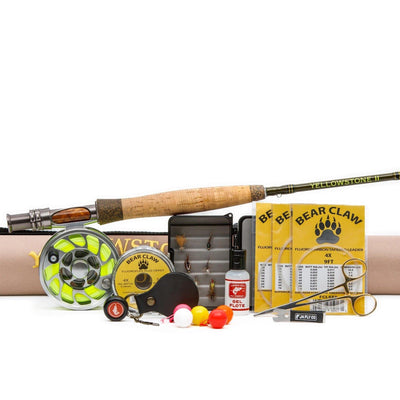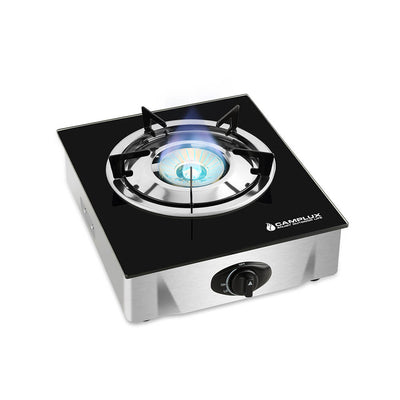Winter beckons with its frost-laden mornings and the promise of adventures amidst the serene, snowy landscapes. For the wanderlust-driven souls who steer their homes-on-wheels into the chill, the marvel of the season comes with its own set of challenges. Among these, keeping the water flowing in an RV stands paramount—because when your vehicle embodies your home, a frozen water line is more than an inconvenience; it’s a critical hiccup in your living quarters. Fear not, intrepid travelers, for we’ve compiled a robust guide to keep the lifeblood of your RV—the water lines—fluid and functional, even as the mercury plummets.

-
Embrace the Skirting Solution
Skirting your RV isn’t just about aesthetic appeal—it’s a champion move against the cold. By creating a barrier between the underbelly of your abode and the biting cold, you significantly reduce the risk of freezing. Insulated skirting can work wonders, trapping a layer of dead air that acts as insulation, keeping the chill at bay.
-
It’s a Heat Tape Parade
Give your water lines a warm hug with heat tape. Wrapping them with this electrical lifesaver can keep the water inside from succumbing to ice. Remember to follow the manufacturer's instructions closely to prevent any fire hazards. Heat tape is like a warm scarf for your pipes, ensuring they remain toasty even when the world outside is a winter wonderland.
-
Let It Flow, Let It Flow
An undervalued tactic is to keep water trickling through the pipes. A faucet left slightly open encourages movement, making it harder for the water to freeze. This age-old trick isn’t about defeating the cold; it’s about outsmarting it.
-
Insulate and Elevate
Insulating your water hoses and pipes is akin to outfitting them in their very own winter coats. Foam insulation sleeves are your best bet here, providing a barrier against the cold. And remember, water tends to freeze from the bottom up, so elevate those hoses off the ground to prevent them from becoming ice sticks.
-
Internal Warmth is Key
Sometimes the best defense is a cozy interior. Keeping the inside of your RV warm will help prevent the water lines from freezing. But this isn’t just about cranking up the heater—consider using space heaters strategically to warm areas where water lines reside. Just be mindful of safety and never leave heaters unattended.
-
Consider Antifreeze – But Tread Carefully
Antifreeze can be your ally, but it’s not about pouring it into your water system. Non-toxic antifreeze designed for RVs can be introduced into your water lines for periods when you don’t need running water. However, this method requires proper procedures to ensure you don’t contaminate your system. Always follow the instructions and use products specifically made for RV plumbing.
-
Be Tank Wise
Your holding tanks need attention too. Keep the black and gray water tanks empty to prevent freezing and damage. As for the freshwater tank, keep it only as full as necessary, and consider adding a tank heater to safeguard your supply.
-
Mind the Forecast
Being proactive is better than being reactive. Keep an eye on the weather and prepare in advance. If you know a freeze is coming, take measures early. This can mean draining your system, insulating exposed lines, or heating up your interior before the cold snap hits.
-
Utilize the Sun’s Warmth
Nature’s heater—the sun—can be a boon for your water lines. Parking your RV to maximize sunlight exposure can contribute to keeping temperatures up, naturally fighting against freezing.
-
The Full-time Companion: Heated Water Hoses
For the full-timers who laugh in the face of winter, a heated water hose is a must-have. These hoses have built-in heat tapes and require an electrical connection, but they take much of the worry out of maintaining liquid flow.
Be Prepared to Thaw
Even with the best preparations, sometimes the freeze wins. Have a plan to safely thaw your water lines should they freeze—this can mean using a hairdryer, heat lamps, or warm towels. But never use an open flame, as this can damage your RV and endanger you.
RVing in winter doesn't have to mean skating on thin ice with your water supply. With the right preparations, you can enjoy the glittering frost and crisp air without fretting over your water lines. So go forth, arm your RV with these defrosting tactics, and let your winter journey be as uninterrupted as the flow of your unfrozen water.










